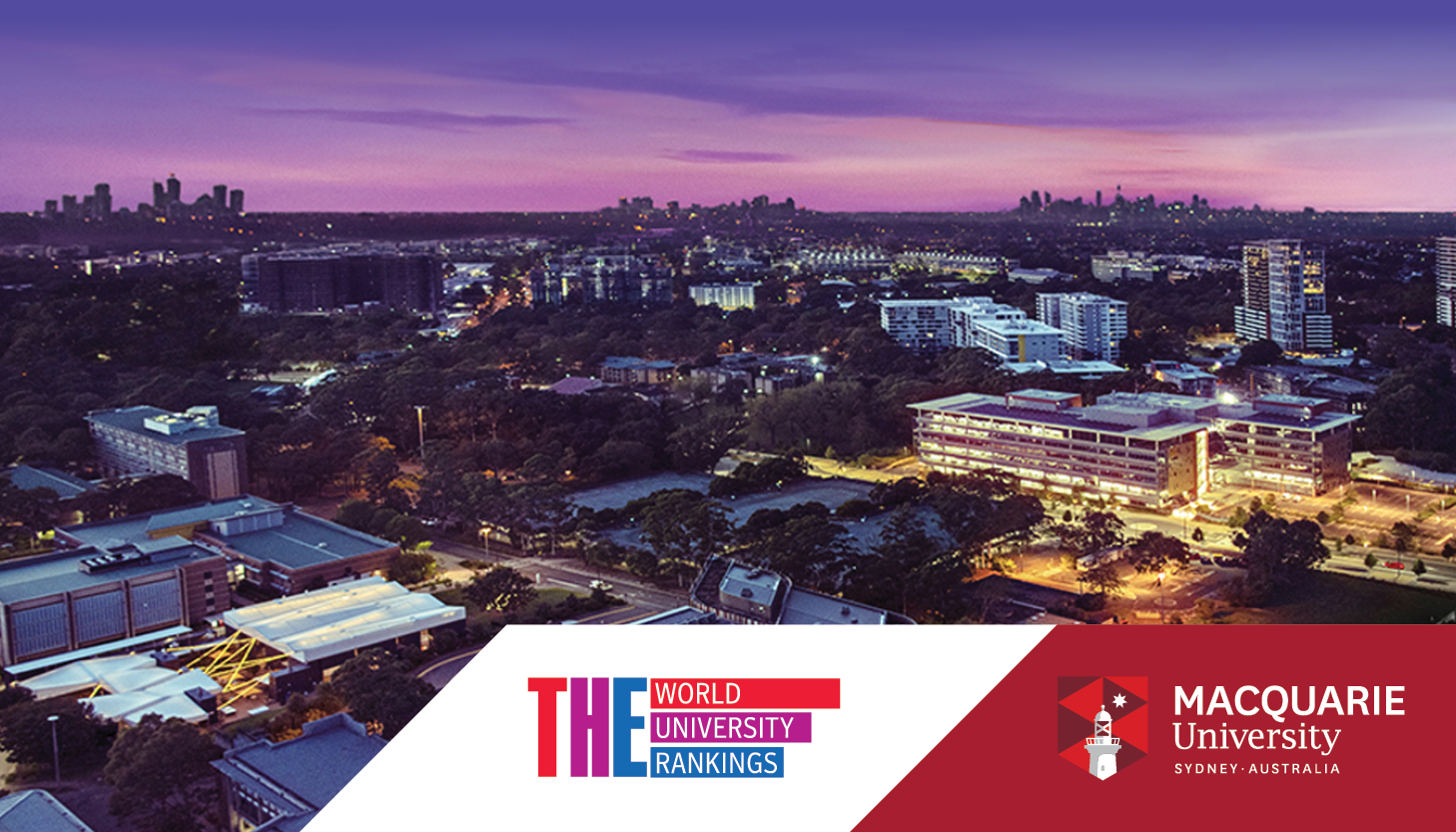In new Australian political research, Professor Marion Maddox has analysed the "Godless Greens" claim from the lead-up to Australia’s 2010 Federal election. Maddox will present a new paper on the topic at an on-campus seminar tomorrow, where she will explore some of the broader motivations at play in this political language.
“The paper investigates the claim of the ’Godless Greens’,” says Maddox, “and then proffers an explanation for what turns out to be a successful misrepresentation, with para-church fronted anti-environmentalism motives.”
During the lead-up to the election, the Australian Greens party was frequently painted in such terms as "thoroughly anti-Christian", "un-Christ-like" and "anti-religious".
“In fact, numerous Greens candidates in various elections have identified as Christian,” says Maddox. “Interviews with selected candidates reveals considerable compatibility, at least in the minds of these Christian Greens, between official Greens policy and Christian commitments.”
Among prominent Greens who have made no secret of their Christian affiliations, Maddox listed the first Green representative in federal Parliament, Senator Jo Vallentine, a Quaker, and her successor, Senator Christabel Chamarette, an Anglican. “I have interviewed Greens candidates who are ordained ministers, church office-holders and dedicated members of their local churches” she added.
As to an explanation for the “Godless Greens” framing, it fits within a wider shift in the semiotics of “Christian” in Australian political culture.
“In the case of the run-up to the 2010 elections, a public company called the Australian Christian Lobby was notably successful in getting its message into the public domain,” says Maddox. “A centrepiece of their campaign was targeting the Greens. At least some of the financial backing and personnel of the ACL can be linked with mining interests.”
Maddox has identified that this demonisation of environmental politics is consistent with campaigns originating with particularly Western Mining in the 1980s, and similar mining-backed, parachurch-fronted anti-environmentalism in other countries.
Further information about Marion’s seminar is available here.
“The paper investigates the claim of the ’Godless Greens’,” says Maddox, “and then proffers an explanation for what turns out to be a successful misrepresentation, with para-church fronted anti-environmentalism motives.”
During the lead-up to the election, the Australian Greens party was frequently painted in such terms as "thoroughly anti-Christian", "un-Christ-like" and "anti-religious".
“In fact, numerous Greens candidates in various elections have identified as Christian,” says Maddox. “Interviews with selected candidates reveals considerable compatibility, at least in the minds of these Christian Greens, between official Greens policy and Christian commitments.”
Among prominent Greens who have made no secret of their Christian affiliations, Maddox listed the first Green representative in federal Parliament, Senator Jo Vallentine, a Quaker, and her successor, Senator Christabel Chamarette, an Anglican. “I have interviewed Greens candidates who are ordained ministers, church office-holders and dedicated members of their local churches” she added.
As to an explanation for the “Godless Greens” framing, it fits within a wider shift in the semiotics of “Christian” in Australian political culture.
“In the case of the run-up to the 2010 elections, a public company called the Australian Christian Lobby was notably successful in getting its message into the public domain,” says Maddox. “A centrepiece of their campaign was targeting the Greens. At least some of the financial backing and personnel of the ACL can be linked with mining interests.”
Maddox has identified that this demonisation of environmental politics is consistent with campaigns originating with particularly Western Mining in the 1980s, and similar mining-backed, parachurch-fronted anti-environmentalism in other countries.
Further information about Marion’s seminar is available here.



